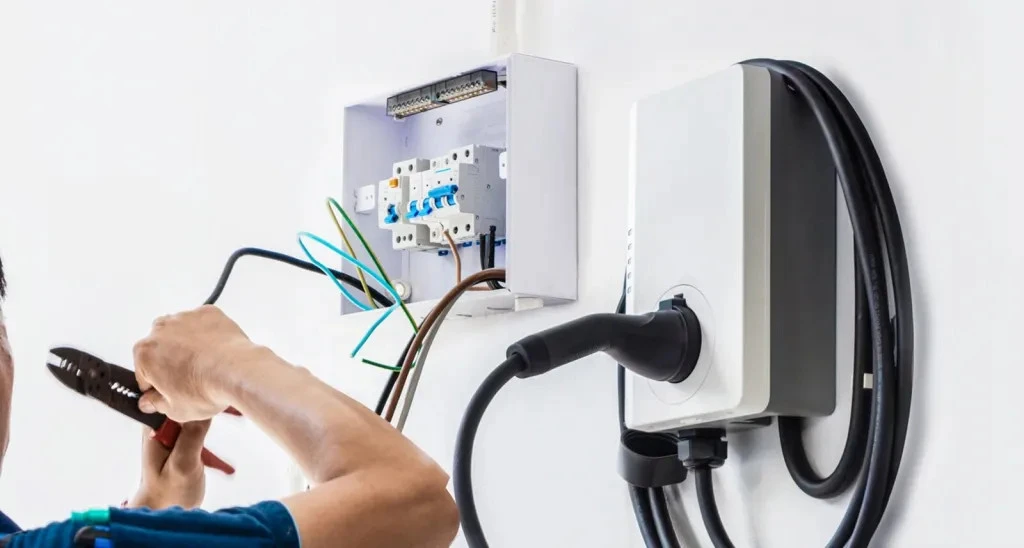Fire expert reveals how to prevent electric vehicle fires
The risk of electric vehicle fires is much lower than that of gasoline-powered vehicles. But that doesn’t mean electric vehicle owners can be complacent. So they need to follow some safety tips from fire experts.
Many people consider electric vehicle fires to be extremely dangerous, even causing panic and fear among users. However, the reality is that although fires involving electric vehicles are more difficult to extinguish than those involving gasoline or diesel vehicles, fires involving this type of vehicle are very rare.
According to Wired, citing a report from the US National Highway Traffic Safety Administration, for every 100,000 electric vehicles sold, there are only 25 fires, while for vehicles using internal combustion engines, this number is up to 1,500. To some extent, electric vehicle fires are a risk of battery technology. Therefore, to limit battery risks, fire experts have provided some safety tips to help prevent electric vehicle fires.

According to the U.S. Fire Department, consumers who want to buy an electric vehicle should seek the help of a qualified electrician to install the charging equipment. For example, some older homes may not have the electrical systems to power an electric vehicle charging equipment (EVSE). Therefore, a qualified professional is important because they can assess whether the charging equipment is installed safely.
Task Force Tips also points out that electric vehicles can perform better than gasoline-powered vehicles in flooded areas. However, damage and failure can still occur if the user abuses this or the vehicle is submerged in water.
Saltwater, in particular, poses a particularly serious risk to electric vehicle batteries, as salt conducts electricity and increases the likelihood of a battery fire. Therefore, electric vehicle owners should protect their vehicles from water damage.
In addition to protecting electric vehicles from water damage, owners should avoid overcharging their batteries. Doing so can increase the risk of electric vehicle fires and loss of thermal control. Owners should also store chargers properly when charging is complete. Fire departments also warn first responders to electric vehicle fires about the dangers of chargers left plugged in.

Furthermore, if you charge at home, consider installing a heat-sensing fire alarm and make sure your car is always near it. Heat-sensing fire alarms are more suitable for garage environments than smoke-sensing fire alarms, which can provide early warning, helping users minimize damage caused by electric vehicle fires.
Finally, only use chargers that meet the specifications of your electric vehicle. Cheap, substandard chargers can increase the risk of fire.
According to Motorbiscuit
